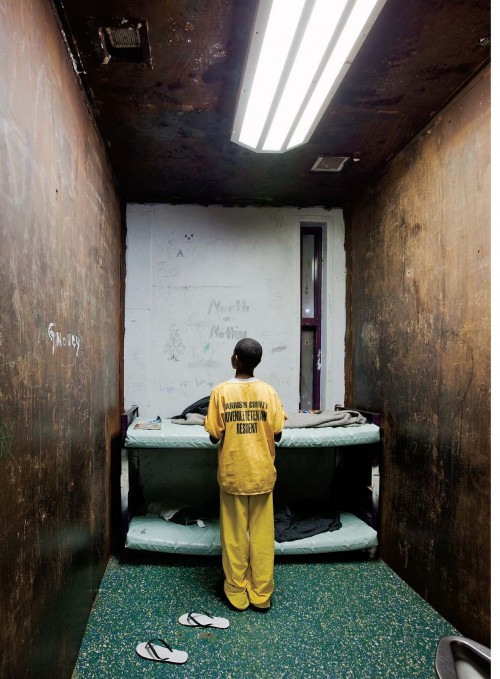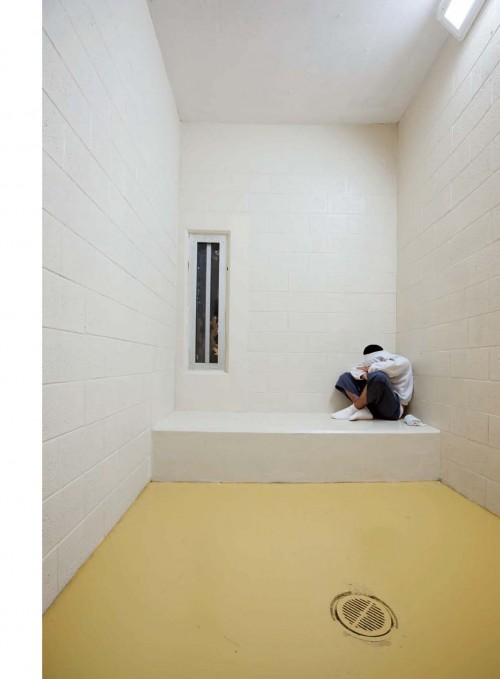Everyone Should Visit A Juvenile Jail or Prison…
When I was much younger, I railed about prisons. I had never visited an actual jail or prison but I read a lot about the experience of incarceration. I thought that this made me an expert. I was afflicted by one of the maladies of youth – self-confidence based on little or no actual lived experience.
The first time I set foot in a jail was to visit a young man who had been one of my students. He was locked up for murder. He was at Rikers Island awaiting trial. He spent 11 months in jail before his trial began. He was eventually sentenced to 25 years to life. He was 17 years old. I was not prepared for my visit. I wasn’t prepared for the invasiveness of being searched, I was not prepared for the smells, I was not prepared for the attitudes of the guards who looked at me like I was dirt. I wasn’t prepared for any of it.
Later when I began to do some work inside jails and prisons with young people, I would actually see their cells. I would see the inside of a jail or prison. I still wasn’t prepared. It’s been many years since I first walked into a jail. Every time I go inside, I am still not prepared for the emotions that assault me.
So I say to everyone, you should visit a juvenile jail or prison. You should visit adult jail and prison too.
In the meatime, this month’s issue of Harper’s Magazine (PDF) features an arresting photo essay about juvenile detention across the U.S. by Richard Ross.
From Juvenile Injustice: A Photo Essay:
For the past five years, Richard Ross has interviewed and photographed more than 1,000 juvenile detainees, some as young as eight years old, in more than 350 detention facilities in thirty states. Of the series, Ross states: “In a country that incarcerates one out of every one hundred adults, the juveniles have the least voice and are the smallest victims of a system under stress.”
Below are a couple of photos from the essay:
Go visit a young person who is locked up. Let them know that they are not alone and that they remain part of the world.


